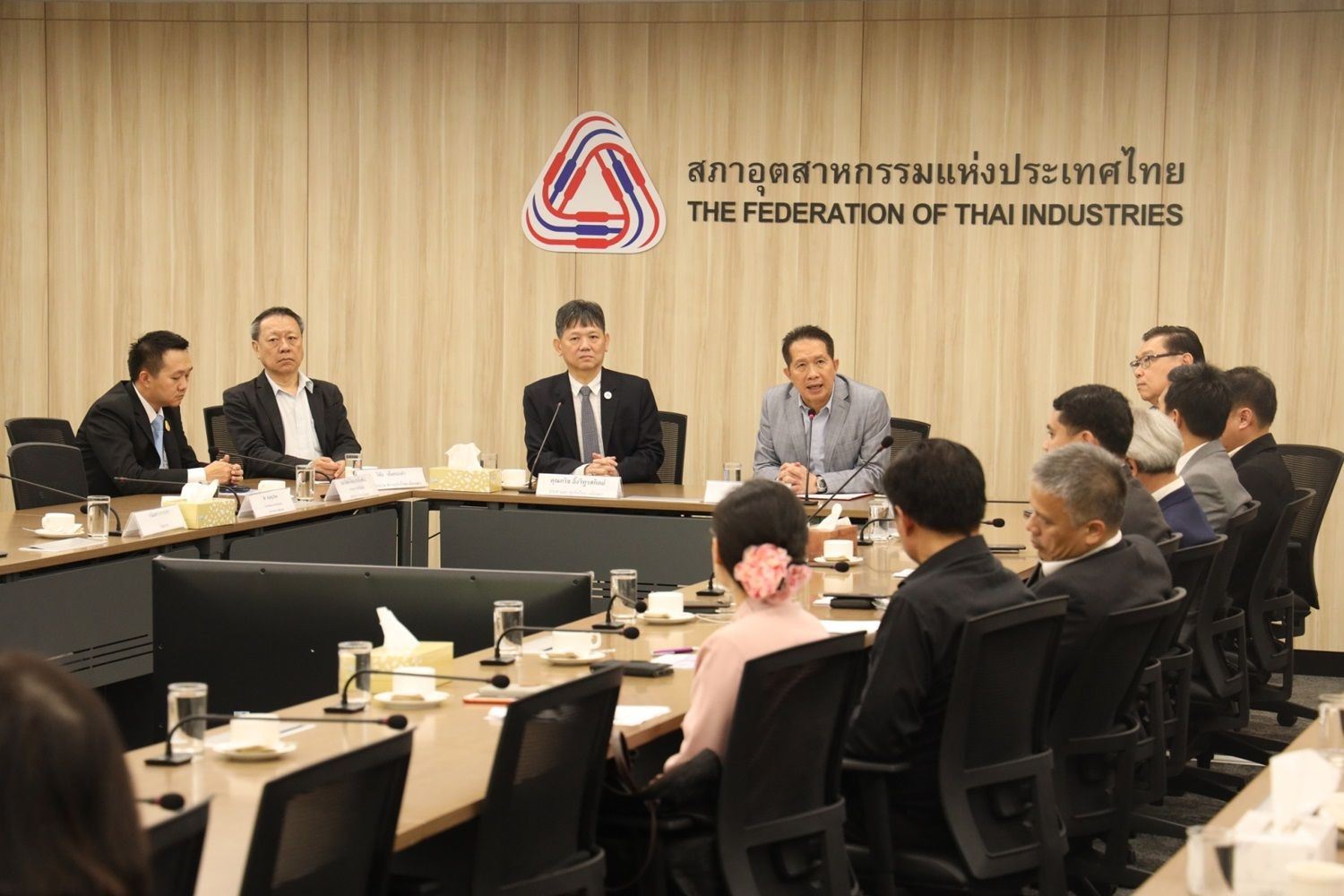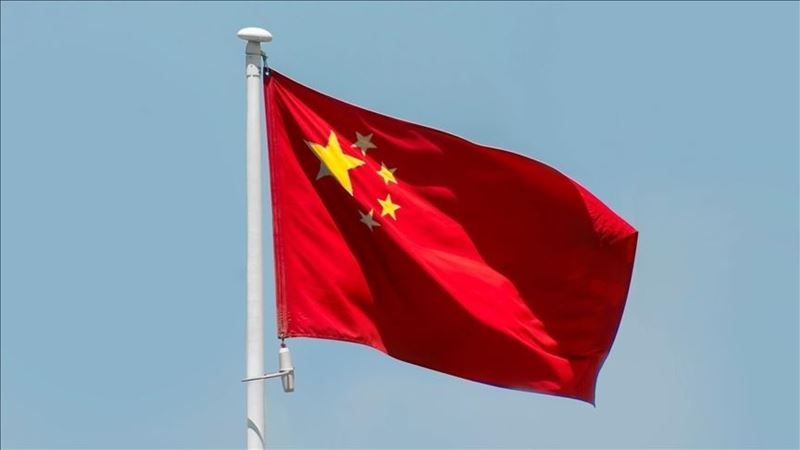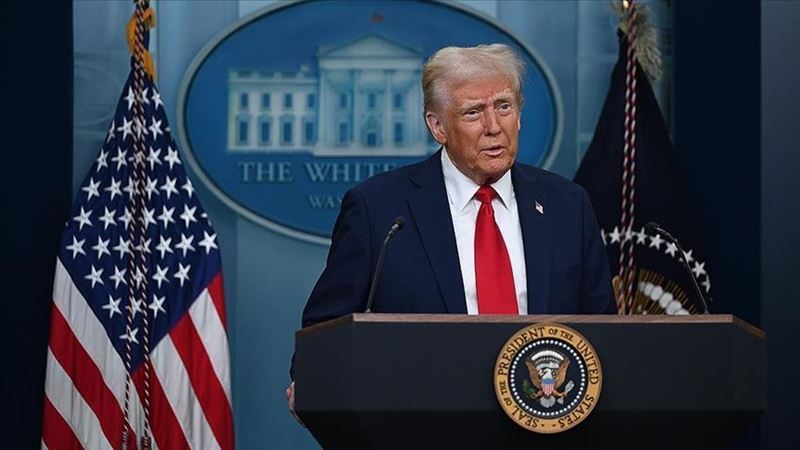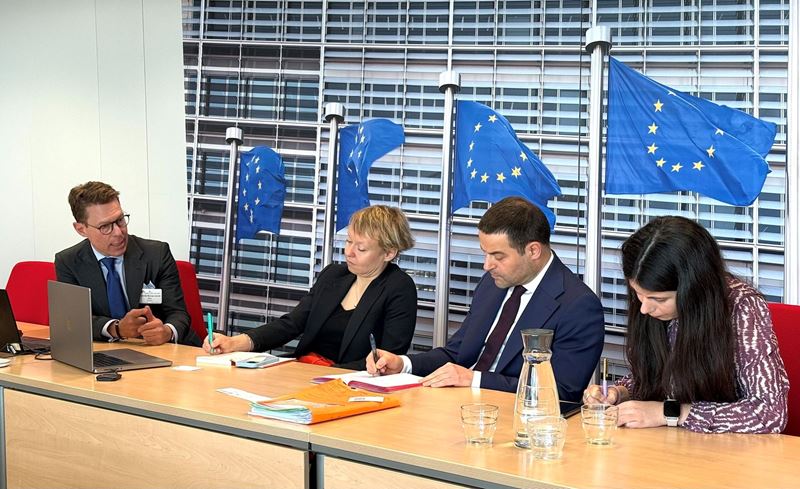Bantoon Juicharern, President of the Iron and Steel Industry Group at the FTI, emphasized that domestic production must comply with high quality standards. He also stressed the need to raise consumer awareness about choosing certified, high-quality steel over cheaper, substandard alternatives.
Juicharern noted that 700,000 tons of prefabricated steel structures were imported to Thailand in 2024 and urged that such products undergo mandatory quality inspections. Highlighting the need for greater transparency in quality control processes, he recommended ensuring traceability of steel from production to end use.
China's surplus production directly affects the Thai market
Steel demand in Thailand is expected to remain between 16 and 16.3 million tons this year—down from the pre-Covid-19 level of 18–19 million tons. China's steel overproduction has become a major challenge for the Thai market. Of the 1.1 billion tons of steel produced annually in China, approximately 200 million tons are exported, with a large portion flowing into Thailand and other ASEAN countries.
According to FTI data, roughly 30,000 tons of substandard steel have already been imported into Thailand. Moreover, some of these imports were reportedly misclassified to evade regulatory standards and anti-dumping duties. Juicharern stated that the Thai Customs Department should initiate legal action in response to such discrepancies.
Since 2017, after the Chinese government banned induction furnace technology due to environmental and quality concerns, many steel producers have relocated to Thailand. This shift has led to issues such as overcapacity, aggressive price competition, and ongoing concerns about product quality and environmental impact.
As a long-term solution, the FTI recommends promoting “green steel” production in Thailand and encouraging environmentally friendly manufacturing practices.








Comments
No comment yet.